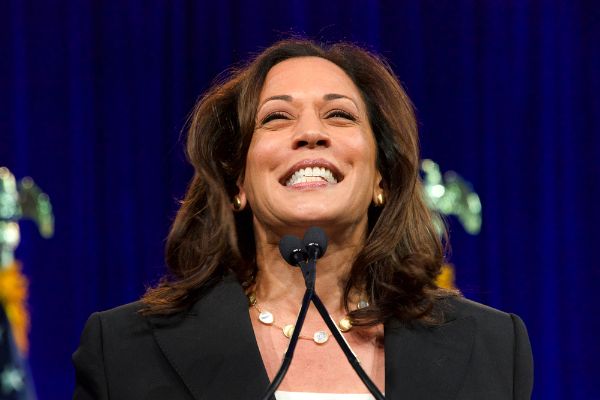A CNBC report has brought to light the burgeoning global industry of online censorship, now valued at billions of dollars. This industry, known under the guise of “trust & safety” services, is expanding significantly, especially in the context of ongoing conflicts in Ukraine and the Gaza Strip.
Manu Aggarwal, a partner at Everest Group, highlighted that the trust and safety segment is rapidly growing within the business process services market. This market includes outsourcing of IT tasks and call centers. By 2024, it is projected that the overall business process services market will reach about $300 billion, with trust and safety services accounting for approximately $11 billion. Major companies like Accenture and Genpact, specializing in outsourced trust and safety services, are leading this market, mainly because many big tech firms have started developing their own in-house tools.
The industry’s scale and influence are further evidenced by its dedicated annual conference, TrustCon, where tech policy experts and industry leaders convene to discuss the latest trends and societal impacts of this sector. Companies like ActiveFence and Checkstep, which offer solutions to protect online platforms and content moderation services, are key participants in these conferences.
CNBC’s report also indicates that third-party trust & safety companies are thriving as tech giants like Google, Facebook, and X/Twitter scale back their internal departments. Many firms, such as NewsGuard, at the center of recent censorship controversies, are private entities providing services that enhance censorship on social media platforms.
The model that is emerging in the industry is characterized by a complex network of smaller service companies developing censorship technologies. These companies tend to escape the scrutiny that larger tech corporations like Meta and Google often face. Subsequently, they sell these technologies to larger entities, including national governments, thereby expanding their role and influence in the global digital landscape.
This development signals a significant shift in the dynamics of online censorship, with implications for digital freedom and expression worldwide. As the industry grows, so does the concern about the increasing reach and sophistication of censorship technologies in the hands of both corporate and governmental entities.





Comments are closed.